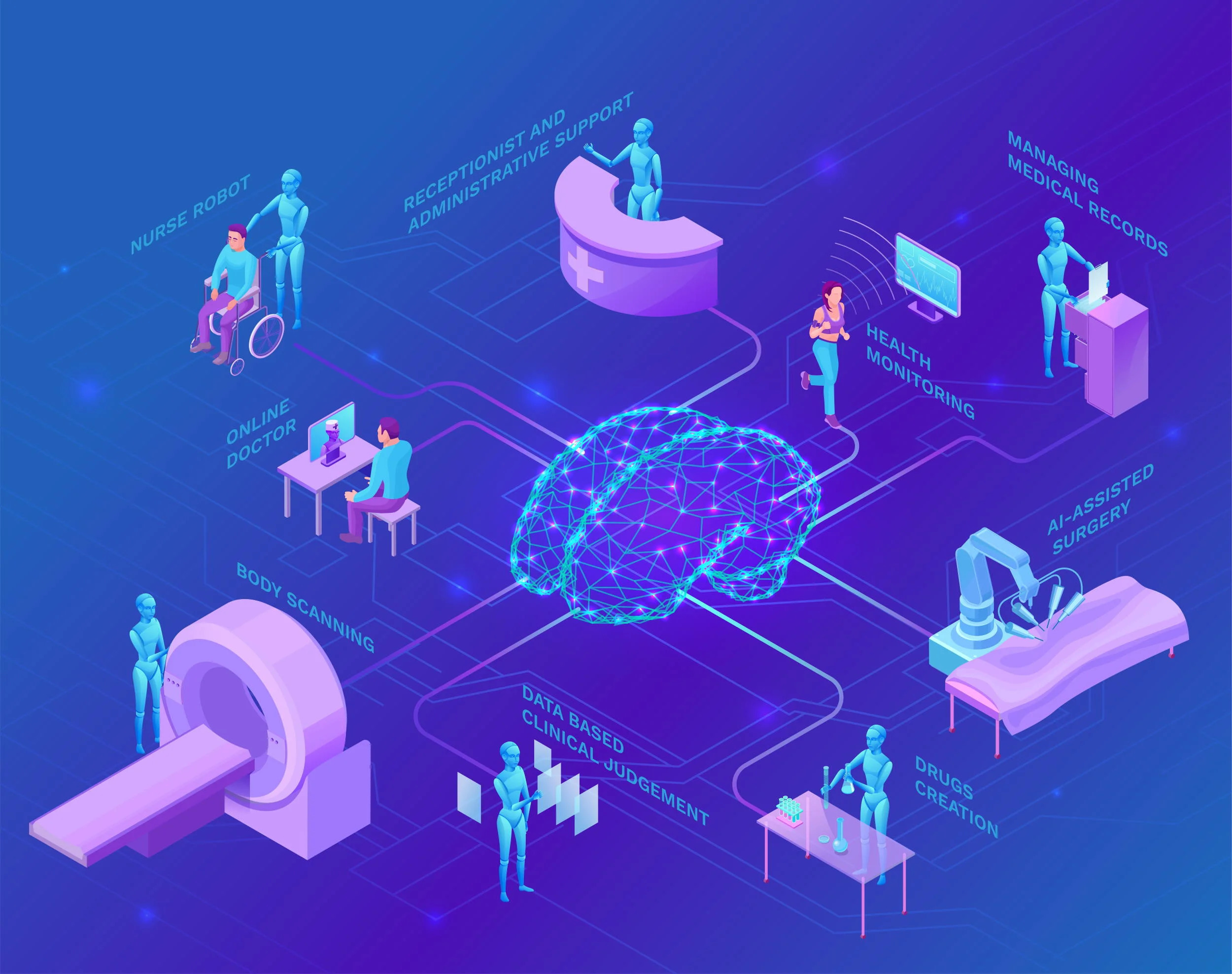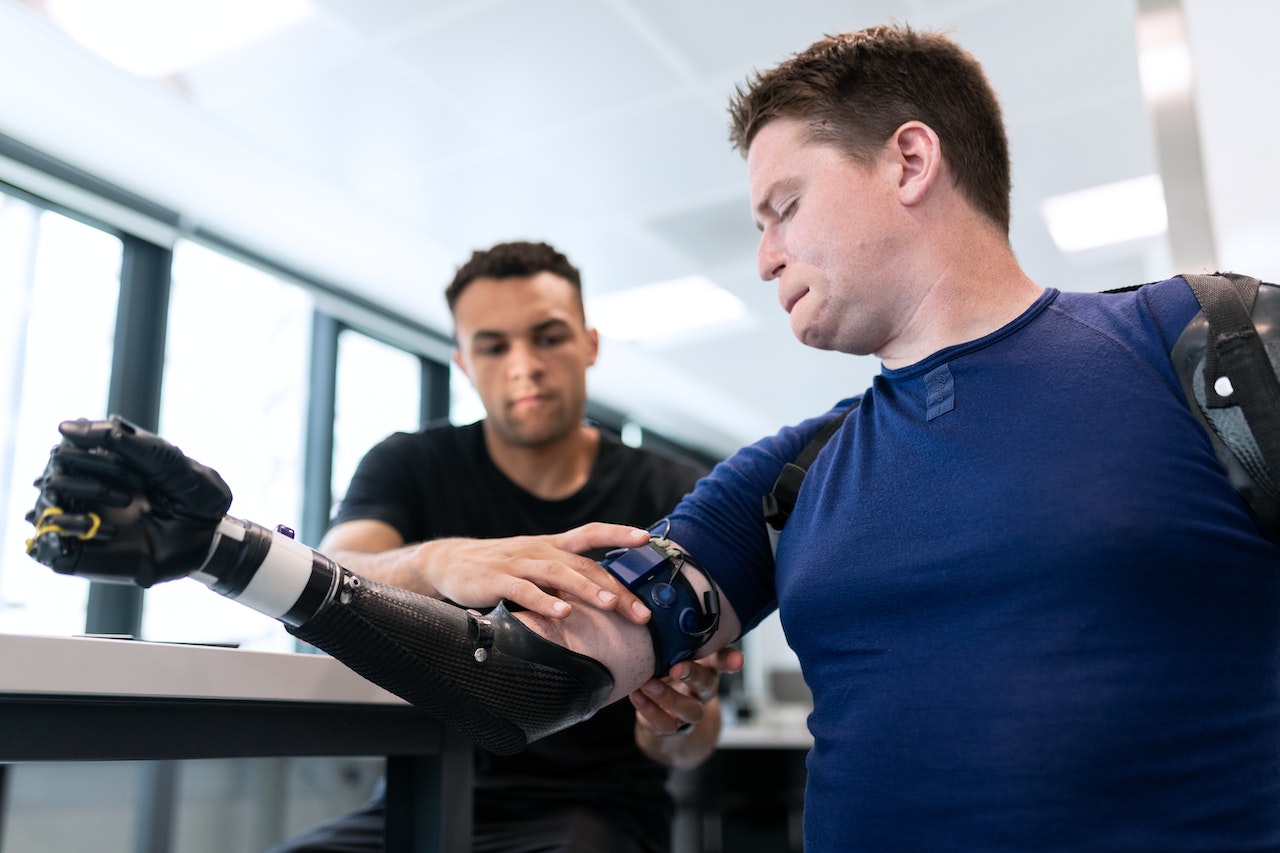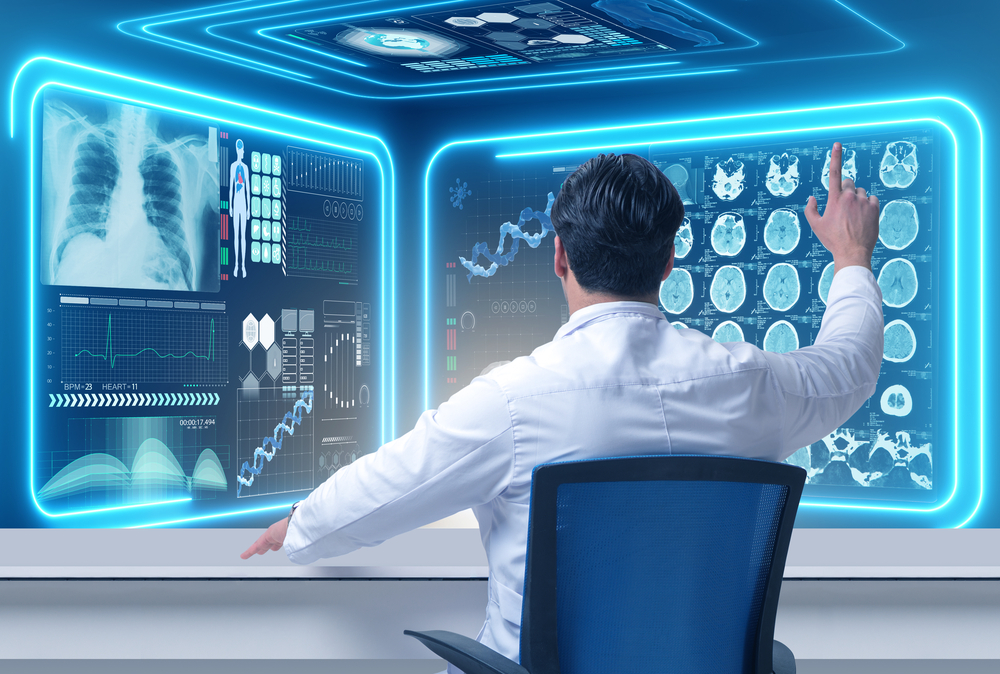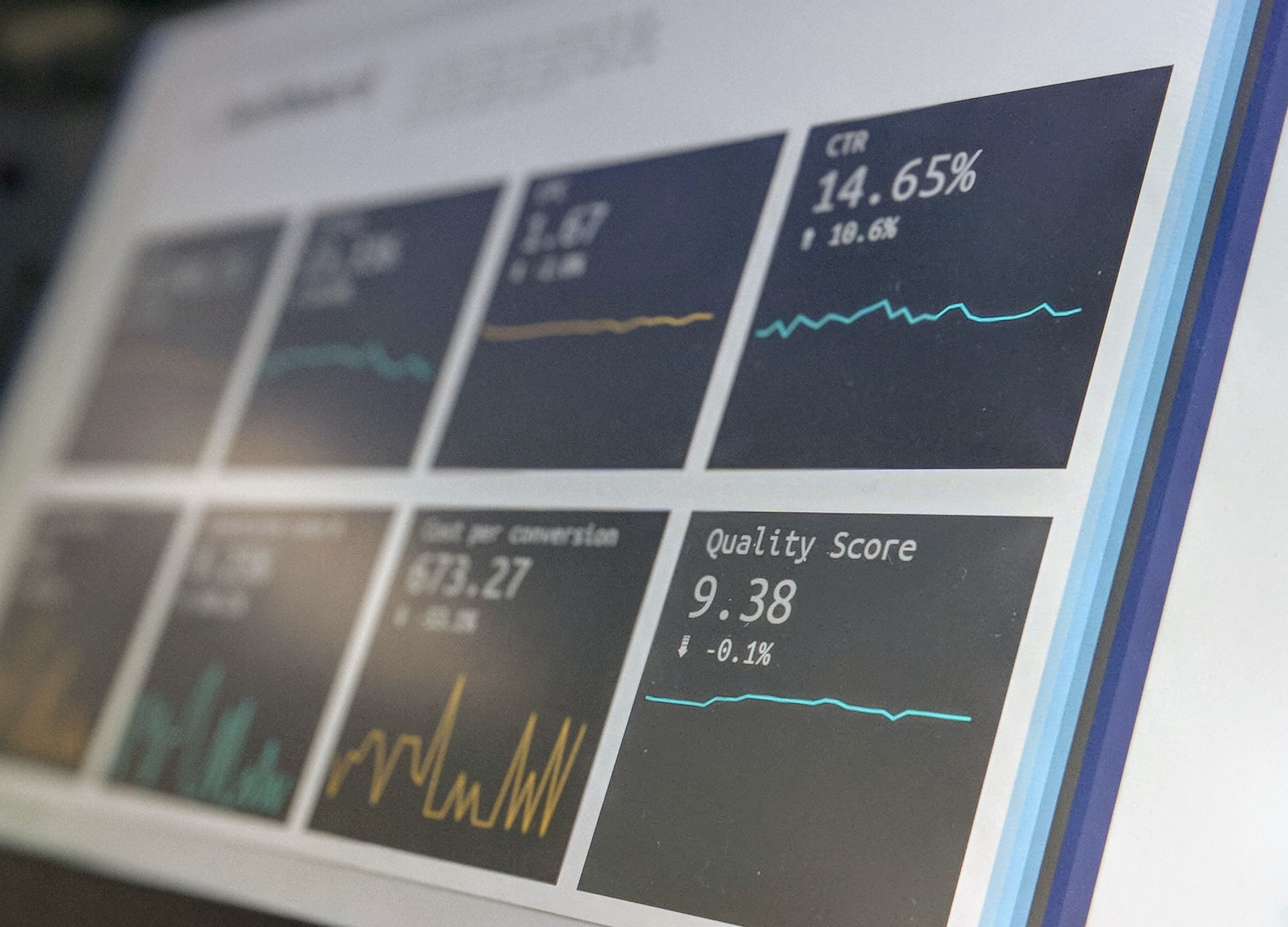Artificial intelligence (AI) is revolutionizing the healthcare industry, presenting unprecedented opportunities for improving patient care and outcomes. As AI technologies continue to evolve, they are transforming the way healthcare professionals diagnose, treat, and manage diseases. In this blog post, we will explore the role of AI in healthcare and delve into its practical uses that are shaping the future of medicine.
How is Artificial Intelligence Used in Healthcare Today?
In today’s healthcare landscape, AI plays a crucial role in various aspects of patient care. With its ability to analyze vast amounts of data and detect patterns, AI is enhancing medical imaging analysis, enabling more accurate and timely diagnoses of conditions. By leveraging machine learning algorithms, AI systems can learn from a vast repository of medical images, assisting radiologists in identifying anomalies and providing more precise interpretations. Moreover, AI algorithms are being working to monitor patients, predict disease progression, and optimize treatment plans, ultimately improving patient outcomes.

What are the Best Use Cases for Artificial Intelligence in Healthcare?
AI’s potential in healthcare extends far beyond diagnosis and monitoring. It is revolutionizing drug discovery, helping researchers identify potential therapeutic targets, and accelerating the development of new treatments. By analyzing massive datasets and identifying patterns, AI algorithms can predict drug responses and suggest novel drug combinations, expediting the drug development process. Additionally, clinical decision support systems powered by AI are assisting healthcare professionals in making evidence-based decisions, resulting in more effective and personalized care.
These systems leverage patient data, medical literature, and treatment guidelines to provide real-time recommendations for treatment plans, medication dosages, and potential adverse reactions. Moreover, AI-enabled robotics are transforming surgical procedures, increasing precision, and minimizing risks. Surgical robots equipped with AI algorithms can assist surgeons in performing complex procedures with enhanced precision, leading to better surgical outcomes and reduced recovery times.
What is the Use of AI Robots in Healthcare?

AI robots have emerged as a game-changer in the field of healthcare, revolutionizing the way medical services are delivered. These advanced robotic systems have a profound impact on patient care, bringing a multitude of benefits to both healthcare professionals and patients alike.
One of the remarkable capabilities of AI robots in healthcare is their ability to provide accurate diagnostics. With their sophisticated algorithms and machine learning capabilities, AI robots can analyze vast amounts of patient data and medical records to accurately diagnose diseases. In fact, studies have shown that AI robots can achieve diagnostic accuracy rates of up to 87% in certain cases. For instance, the renowned IBM Watson, a healthcare AI technology, has achieved an impressive 99% accuracy rate in diagnosing cancer, surpassing human capabilities.
The impact of AI robots in healthcare extends beyond diagnostics. These intelligent machines can assist healthcare professionals in surgical procedures, offering precision and reducing the risk of human error. They can perform complex tasks with incredible accuracy, enhancing the safety and effectiveness of medical interventions. Additionally, AI robots can play a vital role in rehabilitation therapies, providing personalized care and support to patients recovering from injuries or surgeries.
AI Applications Transforming Healthcare:
Let’s explore five common AI applications that are reshaping the healthcare landscape –
- Medical Imaging Analysis: AI algorithms enhance the interpretation of medical images, aiding in the early detection of diseases such as cancer and cardiovascular conditions. By providing more accurate and detailed analysis, AI enables healthcare professionals to make informed treatment decisions.
- Electronic Health Records (EHR) Analysis: AI algorithms can sift through vast amounts of patient data stored in EHRs, extracting valuable insights and patterns. This assists in predicting disease risks, identifying effective treatment plans, and optimizing healthcare resource allocation.
- Virtual Assistants and Chatbots: AI-powered virtual assistants and chatbots provide immediate access to medical information, appointment scheduling, and basic healthcare advice. They improve patient engagement, streamline administrative processes, and offer personalized support.
- Precision Medicine and Genomics: AI algorithms analyze genetic data to guide personalized treatment plans based on an individual’s unique genetic makeup. This allows for targeted therapies, improved medication efficacy, and reduced adverse reactions.
- Remote Patient Monitoring: AI-enabled wearable devices and remote monitoring systems continuously collect patient data, alerting healthcare professionals to any concerning changes. This facilitates early intervention, prevents complications, and enhances patient-centric care.

Overcoming Challenges and Ensuring Ethical AI Adoption in Healthcare
While the potential of Artificial Intelligence in healthcare is immense, it is essential to address challenges related to data privacy, security, and algorithmic bias. Striking a balance between innovation and ethical considerations is crucial. Transparency, explainability, and robust regulatory frameworks are necessary to build trust and ensure the responsible adoption of AI technologies in healthcare.
As AI continues to advance, its transformative impact on healthcare is becoming increasingly evident. From accurate diagnosis to personalized treatment and improved patient outcomes, AI is shaping the future of medicine. Embracing this technology, while addressing ethical concerns, will unlock new possibilities, revolutionizing healthcare delivery and ushering in a new era of patient-centric care.





